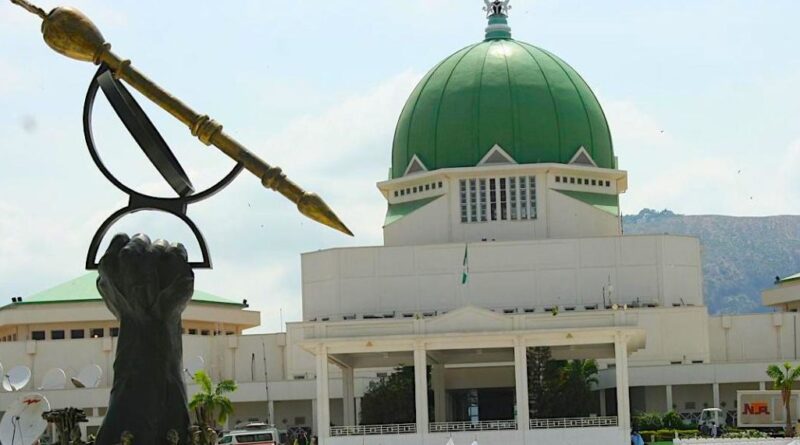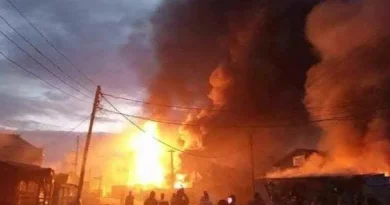Nigeria Denies Christian Persecution Claims In The Country
The Nigerian government has dismissed allegations of targeted Christian persecution made by two Catholic clergymen before the United States House Foreign Affairs Committee, describing the claims as “inaccurate and unfair”.
The clergymen—Bishop Wilfred Anagbe and Rev. Fr. Remigius Ihyula—testified on March 12, alleging that Christian communities, particularly in Benue State, have suffered violent attacks by militant groups.
According to their testimony, these attacks have led to widespread killings, displacement, and destruction of property, with little or no accountability for the perpetrators.
“They steal, kill, kidnap, and rape with impunity,” Bishop Anagbe told the committee, adding that those responsible operate freely without fear of prosecution. He further alleged that there is a “campaign of Islamisation” in Nigeria and claimed to have received threats from government officials, including a warning from the Ministry of Foreign Affairs to “watch his words”.
The testimony raised concern from the United States Mission in Nigeria, which issued a statement condemning any threats or intimidation directed at individuals for exercising their right to free speech. The mission stressed the importance of protecting human rights, especially freedom of expression.
In response, Nigeria’s Ministry of Foreign Affairs issued a statement on Saturday through spokesperson Kimiebi Ebienfa, firmly rejecting the clergymen’s narrative. The ministry insisted Nigeria’s security challenges are far more complex and should not be reduced to a religious conflict.
“Nigeria is facing multiple security threats—banditry, terrorism, and organised crime—that cut across religious and ethnic boundaries,” Ebienfa said. He urged international partners and observers to avoid narratives that could deepen divisions or misrepresent the broader realities of the crisis.
The ministry reaffirmed the government’s duty to protect all citizens, regardless of faith or ethnicity. It also committed to investigating any credible threats or acts of violence while calling for increased international cooperation in addressing insecurity.
Also read: Lizzy Anjorin Slams Tope Alabi For Snubbing Her Birthday
While the government acknowledged the severity of violence in some regions, it maintained that framing the conflict as religiously motivated oversimplifies the situation and risks fuelling further tensions.
The statement concluded with a call for unity, dialogue, and accurate reporting, stressing that the path to peace lies in confronting the root causes of insecurity, poverty, poor governance, and weak law enforcement rather than framing the crisis through a sectarian lens.
As Nigeria continues to grapple with security challenges across its regions, the debate over the nature of the violence and how the world perceives it remains as critical as the search for lasting solutions.
Content Credit: Ajibola Emmanuel
Image Credit: en.sputniknews.africa




